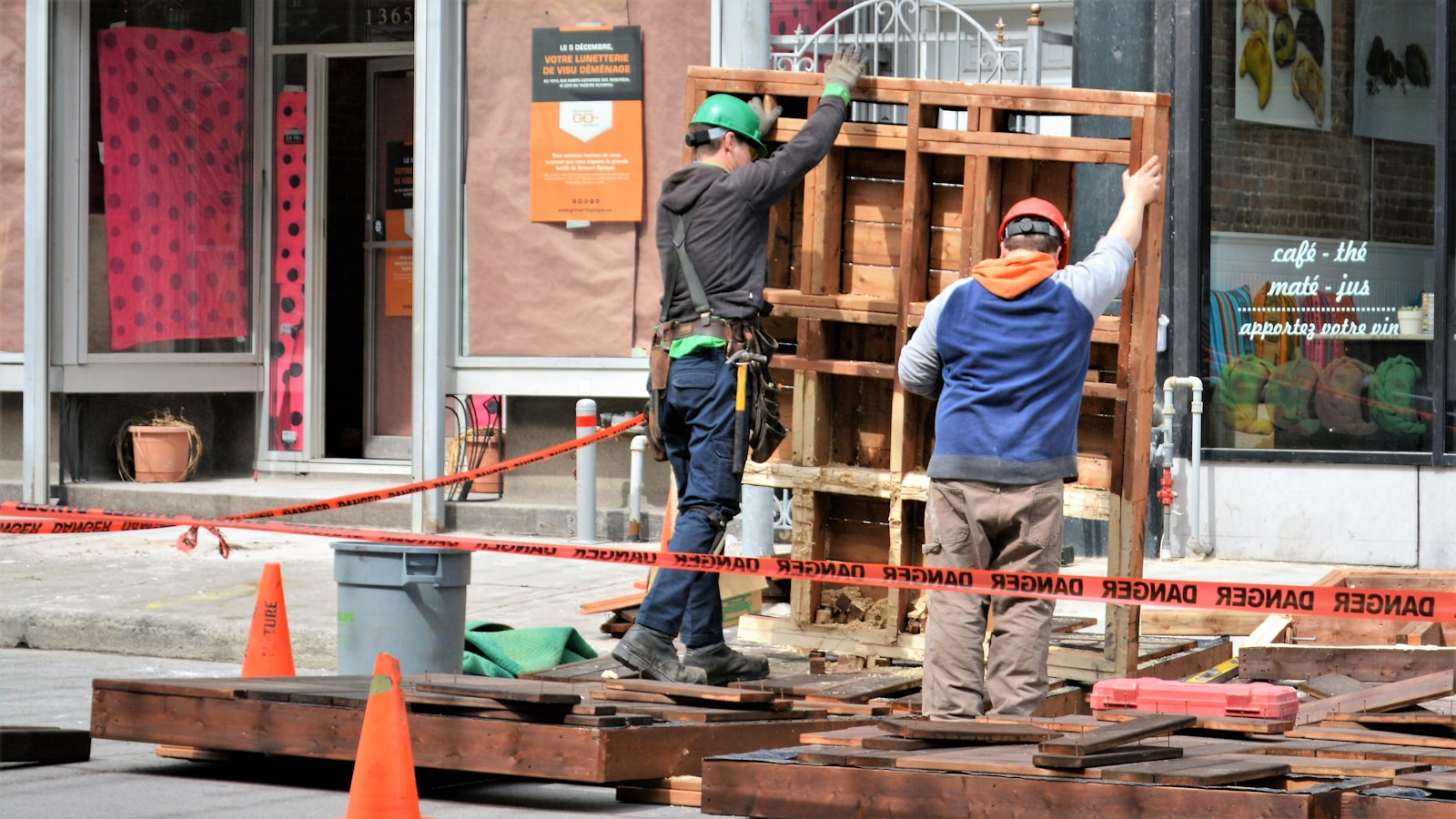The Challenge of NIL Representation in Emerging Legal Fields
In the bustling world of New York, the rapid growth of industries such as cannabis and digital media brings to the forefront the dire need for adequate legal representation. Specifically, the fields of name, image, and likeness (NIL) law have seen escalating complexities as digital content creators and athletes seek to protect and monetize their personal brands. The concept of NIL representation—where individuals face the legal system without adequate counsel—poses a significant threat to fairness and justice within these booming sectors.
Imagine an aspiring athlete in New York, skilled and spotlight-ready, but unequipped to handle the legal nuances of NIL agreements. The scent of freshly cut grass on the field, the sound of clicking cameras, the taste of victory—all could be marred by a disadvantageous contract, poorly negotiated due to NIL representation.
Real-Life Implications of NIL Representation
Personal Narrative: A Case of Missed Opportunity
Take the case of “Emily”, a fictional yet representative collegiate athlete from New York, specializing in volleyball and possessing a significant social media following. Emily was approached for an endorsement deal that seemed promising but lacked clear terms regarding the use of her image over time.
In a critical meeting, her supposed representative advised, “This contract looks great. Just go ahead and sign it.” This lack of thorough guidance is a classic sign of NIL representation. Months later, Emily discovered her image was being used beyond the agreed context, affecting her personal brand and mental peace.
The Emotional Toll
The emotional toll on Emily was palpable. She felt frustrated and helpless, a common sentiment among those suffering from NIL representation. Her dreams, once vivid as the vibrant billboards of Times Square, now felt blurred and out of reach.
Strategies to Combat NIL Representation
To effectively address the issue of NIL representation, especially in New York’s dynamic sectors, several strategies can be implemented:
- Educational Programs: Increasing awareness and knowledge about NIL laws among upcoming professionals in the sports and entertainment sectors.
- Legal Clinics and Workshops: Offering free or low-cost legal clinics that provide basic NIL law education and preliminary advice.
- Establishment of Advisory Bodies: Creating bodies within professional associations dedicated specifically to NIL matters to advocate for fair legal representation.
Empowering Through Knowledge
Dialogue from a hypothetical workshop:
“Remember, your name, your image, and your likeness are not just parts of your career; they are integral to your personal identity. Always consult with a knowledgeable lawyer who specializes in NIL law before signing any agreement,” an expert might say during these sessions.
FAQs
What is Name, Image, and Likness Law?
- Name, Image, and Likeness Law refers to the legal frameworks that govern how an individual’s name, image, and likeness can be commercially utilized and protected.
How can athletes protect their NIL rights?
- Athletes can protect their rights by:
- Consulting with specialized NIL lawyers
- Clearly understanding and negotiating contract terms
- Regularly reviewing their agreements with legal counsel
What are the consequences of NIL representation in NIL law?
- The consequences can include unfair contracts, misuse of personal brand, and potential financial and emotional distress.
Are there any organizations in New York that help with NIL legal issues?
- Yes, several legal associations and non-profit organizations in New York offer resources and support for those dealing with NIL issues.
How can I learn more about NIL law?
- Interested individuals can attend legal workshops, enroll in related courses, and follow publications from legal experts specializing in NIL law.
In the heart of New York, where dreams are as bright as the lights of Broadway, the importance of robust legal representation cannot be overstated. Addressing NIL representation comprehensively ensures that all individuals, especially those in vulnerable negotiating positions, are empowered to make informed decisions that protect their careers, personal lives, and future endeavors. As we move forward, let us commit ourselves to educate, advocate, and legislate to close the gap of NIL representation.



